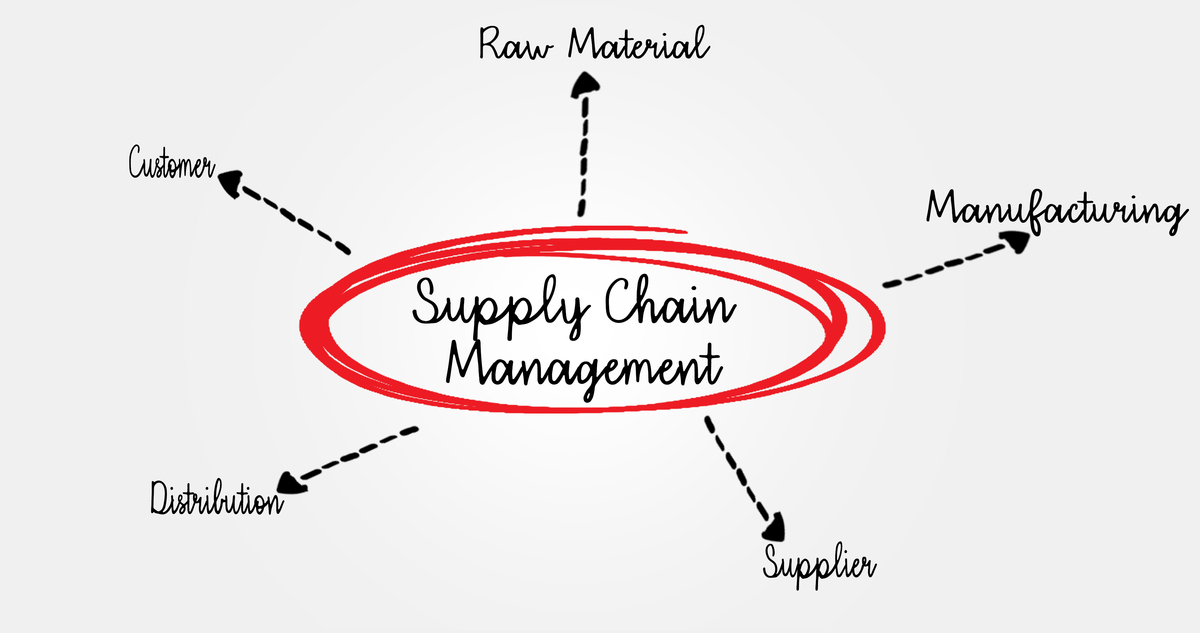LVMH's Overseas Purchasing Challenges: Culture, Language, and Communication
Culture, language, and communication play significant roles in overseas purchasing, and they can present challenges for companies like LVMH. These factors influence the success of sourcing operations and impact the overall supply chain management. Here is an explanation of how culture, language, and communication affect LVMH's overseas purchasing, including examples that highlight the difficulties faced.
- Culture: Culture shapes the business practices, norms, and values in different countries. It affects consumer preferences, supplier relationships, and negotiation styles, making it crucial for LVMH to understand and adapt to local cultural nuances. For example, in Asian markets, gift-giving is an important cultural practice. LVMH needs to navigate these cultural expectations when sourcing materials or negotiating contracts to ensure smooth operations and avoid any unintentional misunderstandings.
Additionally, cultural differences in work ethics, time perception, and decision-making can impact sourcing timelines and relationships with suppliers. For instance, in some countries, a more relaxed approach to time management may result in delays or slower response times. LVMH must account for these cultural differences when planning and coordinating their overseas sourcing activities.
- Language: Language barriers can pose challenges in overseas purchasing for LVMH. Effective communication is crucial for successful sourcing operations, as it ensures accurate understanding of requirements and specifications. LVMH may encounter difficulties in interpreting technical product details, negotiating contracts, and resolving issues due to language differences.
For example, if LVMH is sourcing raw materials from a non-English-speaking country, language barriers may arise during discussions on quality standards or product specifications. Miscommunication or misinterpretation can lead to discrepancies in product quality or improper fulfillment of requirements, impacting the overall supply chain.
- Communication: Smooth and effective communication is essential for successful overseas purchasing. LVMH needs to establish clear channels of communication with suppliers, ensuring prompt and accurate exchange of information. Challenges can arise when different communication styles and preferences exist between LVMH and its overseas suppliers.
For instance, directness in communication may be valued in some cultures, while others may prioritize indirect or diplomatic communication. LVMH needs to adapt its communication style accordingly to ensure effective collaboration and avoid misunderstandings that can hinder sourcing operations.
Furthermore, time zone differences may require LVMH to manage communication across different regions. Prompt responses to queries or addressing issues can be challenging when there are significant time differences, potentially impacting the efficiency of overseas sourcing for LVMH.
In conclusion, culture, language, and communication have significant impacts on LVMH's overseas purchasing activities. Understanding and adapting to cultural practices, addressing language barriers, and establishing effective communication channels are crucial for successful sourcing operations. LVMH must navigate these challenges to ensure smooth interactions with suppliers, accurate interpretation of requirements, and efficient management of the global supply chain.

原文地址: http://www.cveoy.top/t/topic/77f 著作权归作者所有。请勿转载和采集!